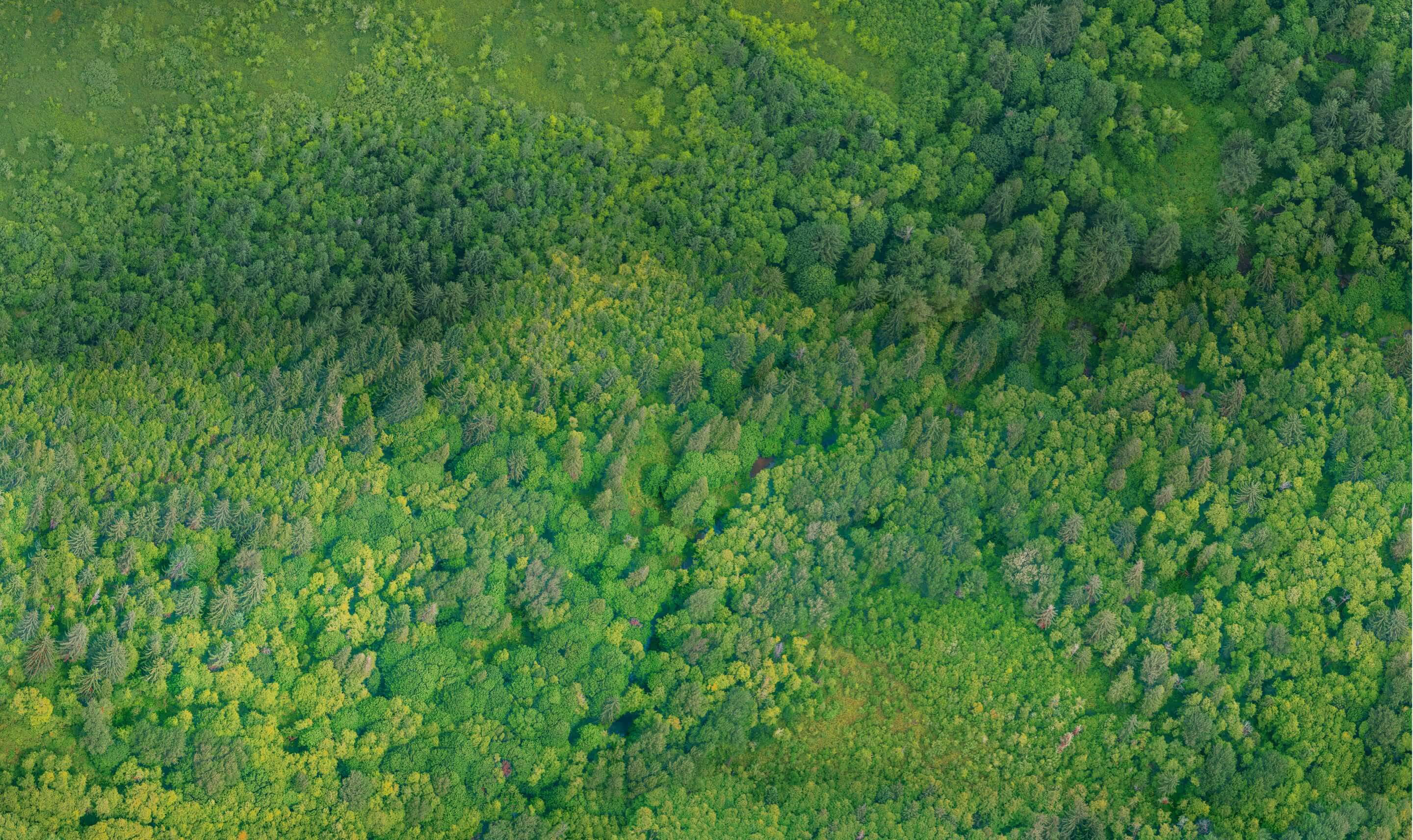Clean energy: a sustainable alternative for a better future?

Imagine a world where the air is no longer polluted, where river water is purer, where biodiversity thrives without being suffocated under clouds of toxic smoke. This is the world we can create by turning our backs on fossil fuels. Countries, associations, citizens, by combining our efforts, it is possible to break with old habits that have profoundly damaged our environment. The solution lies in so-called clean energies. What are they? Why are they now essential? Do they represent a sustainable approach?
What is clean energy?
Clean or green energy is an energy source whose exploitation does not produce, or few, pollutants. It is generally decarbonized, so it does not emit greenhouse gases. Perhaps you have heard more about renewable energies (Renewable Energies)? They are often confused. However, you should know that not all clean energies are considered renewable, in other words they are not necessarily renewed in a natural and inexhaustible way.
So what can we count among green energies?
Solar energy
It uses sunlight to produce electricity via photovoltaic or solar panels.
Geothermal energy
It draws heat from the ground. Calories heat industrial buildings using power plants or produce electricity for individuals using a heat pump.
Biomass energy
It uses waste to ensure the production of biogas, biofuels and biofuel. It is the second most used green energy in France after hydraulic energy.
At LIFE, we set up Green initiatives promoting the sustainable livelihoods of many communities. Among them, we focus on the transformation of organic waste into energy. In Benin, for example, two biodigesters have been built for the production of domestic gas. The population has been made aware of the preservation of natural resources, and trained in the use of these biodigesters.

Wind energy
It uses the wind to activate the blades of wind turbines that can be installed on land or at sea.
Hydroelectric power
Its production involves the exploitation of water thanks to its currents or dams.
The particular case of nuclear power and gas
Nuclear energy produces very little CO2. However, it is not considered clean, as it generates large quantities of radioactive waste. That is why it remains very controversial. In the same way, natural gas does not emit many air pollutants, but it comes from fossil resources, and is therefore neither clean nor renewable!
Fossil energy vs green energy
Hang on! 81% of the energy used in the world still comes from fossil fuels, and especially oil, coal, gas and nuclear power. In France, they represent 60% of our energy consumption. These energies are all exhaustible and responsible for a large part of carbon dioxide emissions. and So climate change, water scarcity and the decline in biodiversity.
So, in a context of growing demand for energy, the exhaustion of these fossil resources and the urgent need to protect the environment, we must all turn our sleeves around in order to work on the transition to green and renewable energies.
In 2022, these represent 26% of primary energy production in France. Good news, their cost is getting cheaper and their share is increasing., but there is still a long way to go. It should be noted that France is lagging behind in its development of clean and renewable energies. To try to catch up, it has set ambitious goals for 2030, especially in the solar and wind energy sectors.

Is clean energy sustainable?
To find out, you would already have to understand what “sustainable” means. However, the concept of sustainability applied to energy does not have a universal definition. In any event, it is not limited to environmental and technical considerations alone.
To see more clearly, we can refer to the Brundtland Report of 1987, which defines sustainability as a mode of development that meets the current needs of populations while taking into account those of subsequent generations. The sustainability of green energy then covers the concept of duration, but also takes into account the social and economic impacts associated with its production and use.. We can therefore integrate job creation, social inclusion, the reduction of fuel poverty, the impact on the local economy, etc.
In light of these explanations, are solar, wind and hydroelectric energy sustainable alternatives? Not everything is so simple!
The challenges of green energy
All clean energies are of course more sustainable than fossil fuels. The Sun will continue to shine for a long time, the wind will blow, and the Earth's internal heat will remain available. They have a low carbon footprint, meaning almost zero greenhouse gas emissions, but there are several drawbacks.
- First of all, the materials used to transform them into electricity can have an environmental impact : extraction of raw materials for the manufacture of solar panels or wind turbines, transport, etc. Everything must be done to minimize these impacts on the entire life cycle of these materials. In this sense, research on alternatives and recycling can increase sustainability.
- On the other hand, some clean energies may require the use of a lot of space in particular wind farms or solar power plants. It is important here to take into account biodiversity and potential other land uses.
- In addition, in order to be able to generalize the use of clean and renewable energy, it is necessary to be able to ensure energy storage which would allow them to be used all year round. Indeed, energy sources such as wind and sun are intermittent. Problem, the production of these batteries also requires a lot of resources.
To move towards a sustainable energy transition, we need to redouble our efforts and continue to support and invest in research and development. Thanks to them, the world will find potential solutions to these challenges, thus strengthening the sustainability of clean energy in the long term.
Towards energy sobriety
Developing green energies is essential, but it is also necessary to work together at the sources of the problem. We need to massively reduce our energy consumption so that clean energy can meet our needs.
Behavioral changes are one of the essential factors in the IEA (International Energy Agency) scenario aiming to achieve net zero greenhouse gas emissions in 2050! Energy efficiency and energy savings are on the agenda. The reduction must take place in particular in the transport sector. Dependence on cars, even electric cars, or hydrogen cars must be limited.

Clean energies are not only a sustainable alternative to fossil fuels, they are the path to a better future. They contribute to curbing greenhouse gas emissions and promoting long-term energy security. They are our response to the environmental and energy challenges that face us. We need to meet these challenges together.. Every small gesture counts, every innovation, every effort towards a global and balanced approach brings us one step closer to total sustainability. Together, we can shape a cleaner, greener, and brighter future for generations to come. It's our commitment, our responsibility, and our heritage for a healthier planet.
Together, let's take up the challenge of the energy transition



.avif)



.avif)

